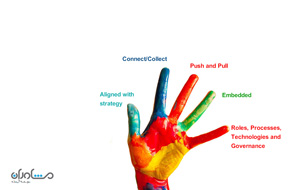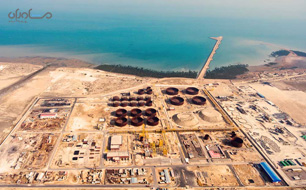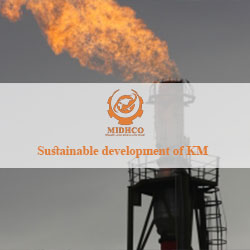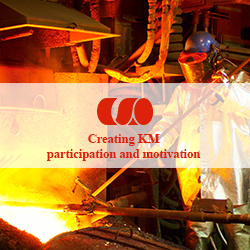
Project's KM Tool
Projects are one of the main and most valuable knowledge and lesson learned treasures in organizations. KM tools perform the knowledge cycle before, during, and after each task in a project in a more powerful way.
Each project, in addition to its deliverable products or services as its primary output, also creates knowledge. Usually, the experiences and lessons learned during the project are not organized to be used in upcoming projects of the organization. In organizations where different projects are defined, project knowledge management tools and techniques can reduce the risk of repetition failures.
Project knowledge management approaches at three stages before, during, and after the project provides tools to identify, acquire, share, and retain knowledge and lessons learned that could be retrieved and reused when needed. After Action Review, Peer Assist, Knowledge Harvesting, Storytelling, etc. are
some of the tools that MTAShare aggregate them.
Each project, in addition to its deliverable products or services as its primary output, also creates knowledge. Usually, the experiences and lessons learned during the project are not organized to be used in upcoming projects of the organization. In organizations where different projects are defined, project knowledge management tools and techniques can reduce the risk of repetition failures.
Project knowledge management approaches at three stages before, during, and after the project provides tools to identify, acquire, share, and retain knowledge and lessons learned that could be retrieved and reused when needed. After Action Review, Peer Assist, Knowledge Harvesting, Storytelling, etc. are
some of the tools that MTAShare aggregate them.
Leading companies in Project KM
"The project will not end without registering the lessons learned." "Knowledge and lessons learned are part of the project deliverables." These are part of the PMBOK standard for project management. Given the importance of project knowledge management for organizations and the emphasis of many well-known standards on this issue, large and well-known companies such as British Petroleum (BP), NASA, World Health Organization (WHO), Shell, The United States Army, Intel, Petronas, the US Air Force, and the US Department of Energy have used knowledge management tools in their projects. In Iran, companies such as MAPNA, Niroo (Energy) Research Institute, Fars Regional Electricity, MIDHCO, Infrastructure Communications, etc. have used these tools and MTAShare as an infrastructure for that in recent years.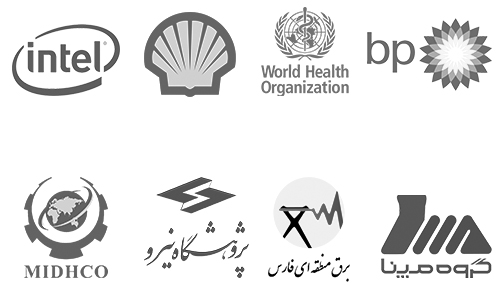
MTA, MTAShare and Services to manage knowledge in projects
MTA, by localizing solutions and tools of project knowledge management and its implementation in many industries and organizations in the country, has played a significant role in project knowledge management and reducing the risk of losing knowledge amid changes in recent years. MTA began the first PKM plan in a private sector company in the oil and mining industries in the 2010s and aggregate it with MTAShare Before that, there was no proper definition of knowledge attachment of large projects in the country.MTA implemented project knowledge management plans on a large scale. Some of these projects involved exchanging knowledge between two similar projects, while others focused more on implementing the project knowledge calendar for Knowledge Harvesting. Another service of MTA has been the formulation of these solutions in the form of laws and instructions currently being implemented in many organizations.
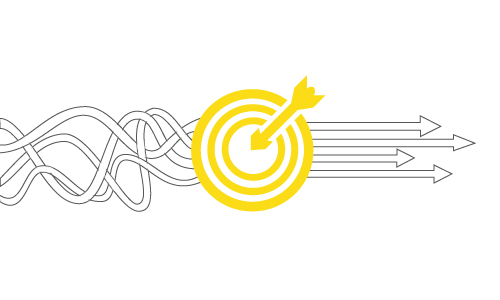
Steps of KM in Projects in MTA method
• Identify and determine the criteria for selecting projects with higher priority in the organization -Prioritize projects for project knowledge management• Holding training courses on project knowledge management tools for facilitators and staff
• Leading project knowledge management sessions
• Identify project lessons learned and creating its formats in MTAShare
• Document the project lessons learned
• Publish lessons learned in the form of text, video, and audio files, based on MTAShare capabilities.
• Continuation of project knowledge management with process and MTAShare updates





